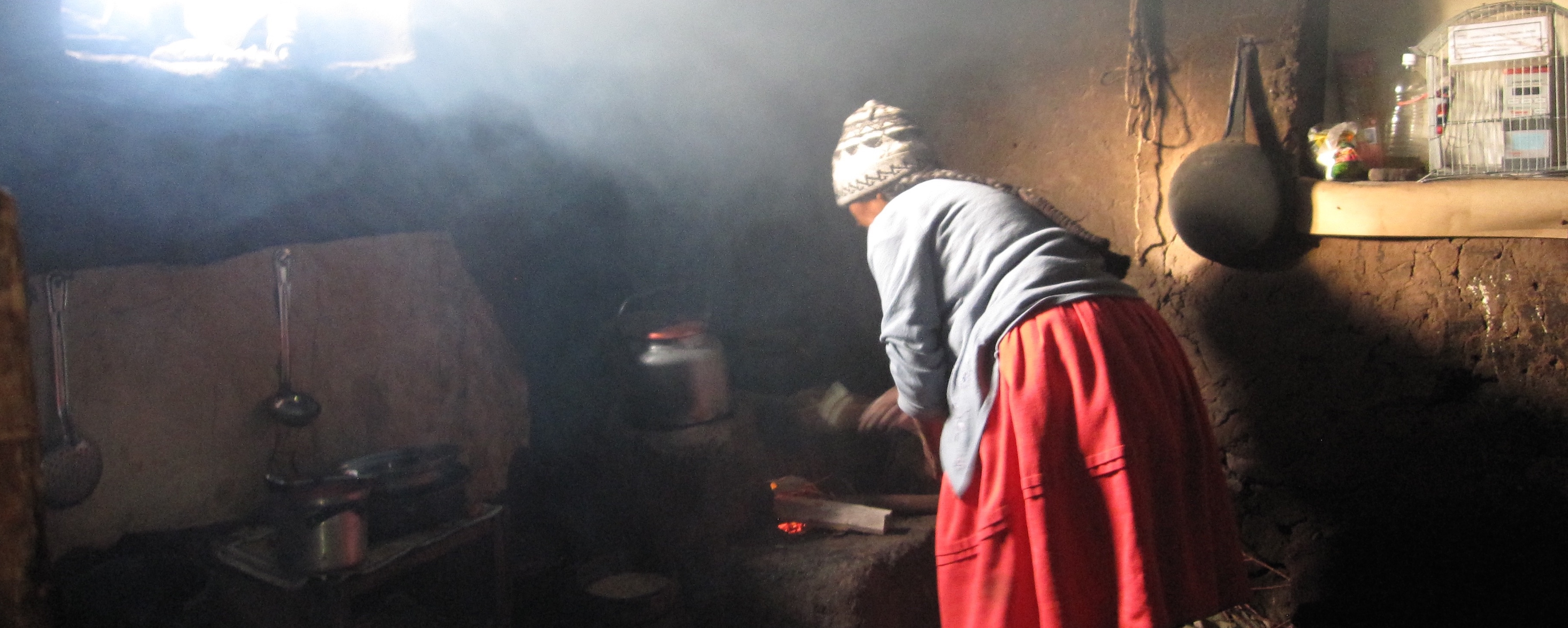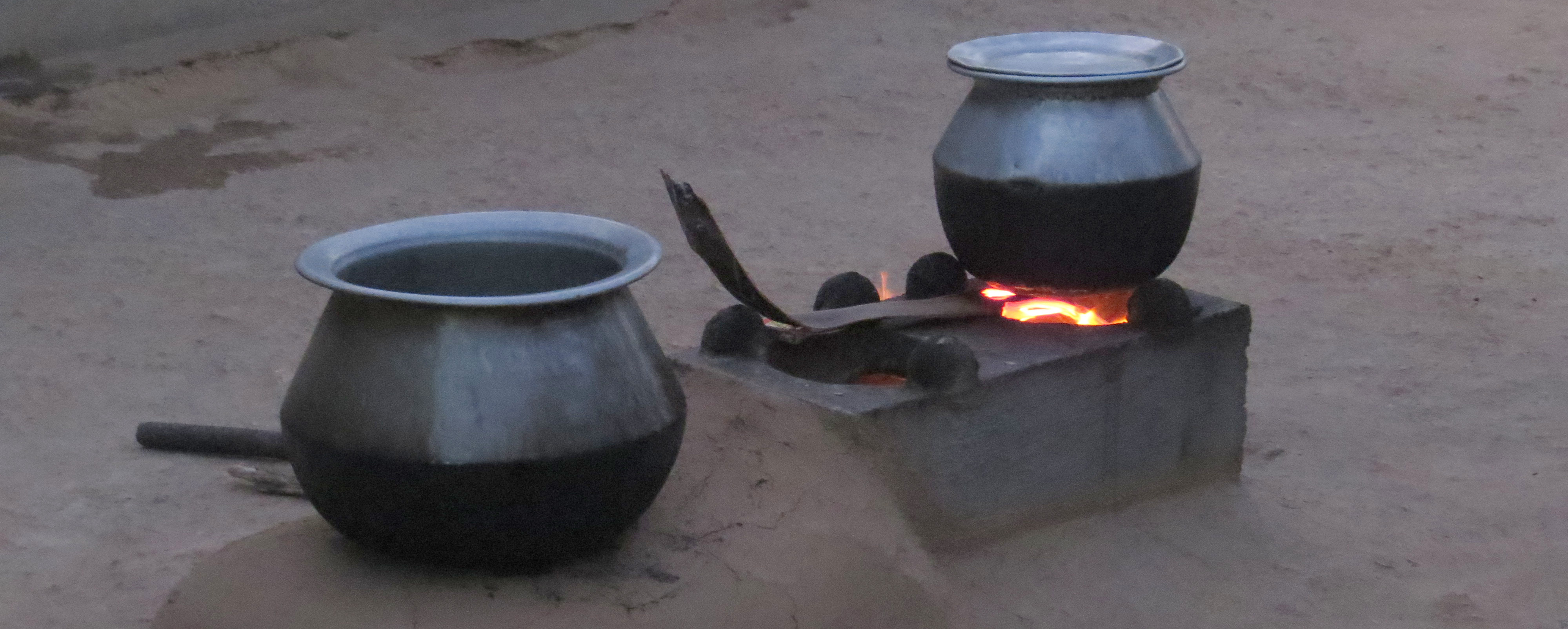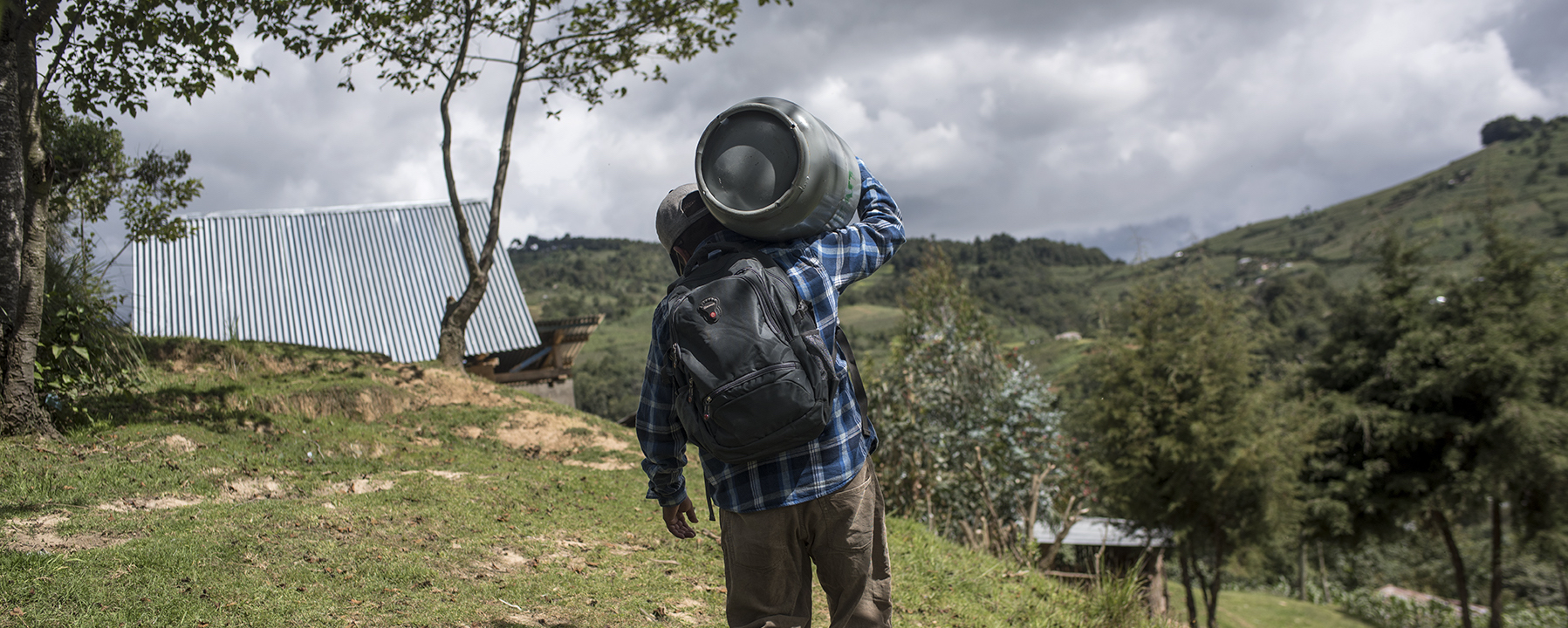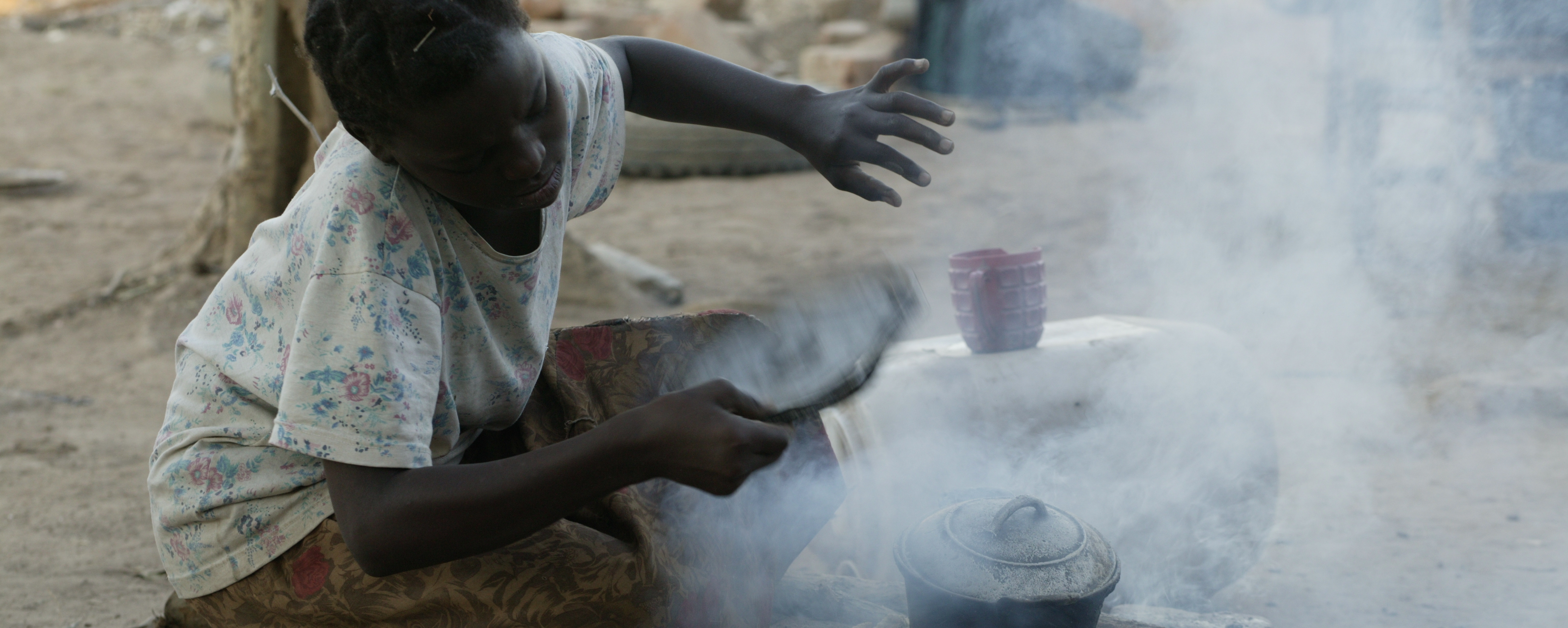HAPIN Trial
Welcome to the HAPIN Trial
Focus
The Household Air Pollution Intervention Network (HAPIN) Trial was an international multi-center study aimed at assessing the impact of a liquefied petroleum gas (LPG) cooking stove and fuel intervention on health. HAPIN Trial centers were located in four countries: Guatemala, India, Peru and Rwanda.
The Problem
More than 3 billion people—the vast majority in low- and middle-income countries (LMIC)—cook on open fires and traditional stoves using solid fuels such as wood, dung, coal, charcoal, and agricultural crop waste. This number has not changed significantly in the last three decades (HEI 2020). Exposure to the resulting household air pollution (HAP) is a leading risk facing low- and middle-income populations, accounting for an estimated 2.3 million premature deaths annually and 91.5 million disability-adjusted life years (Bennitt 2021). Exposure to HAP is associated with pediatric acute lower respiratory infections, pneumonia, tuberculosis, chronic lung disease, cardiovascular disease, lung cancer, and other health disorders (Lee 2020).
Involved Parties
The trial was funded by the National Institutes of Health (NIH) and the Bill & Melinda Gates Foundation. Participating NIH components are the National Heart, Lung, and Blood Institute (NHLBI), the National Cancer Institute, the Eunice Kennedy Shriver National Institute of Child Health and Human Development, the National Institute of Environmental Health Sciences, the NIH Common Fund of the NIH Office of the Director, and the Fogarty International Center.
NHLBI led administration of the trial on behalf of the consortium. The Global LPG Partnership provided expert advice. We are thankful for the guidance of our advisory committee: Patrick Breysse, Donna Spiegelman, and Joel Kaufman.



